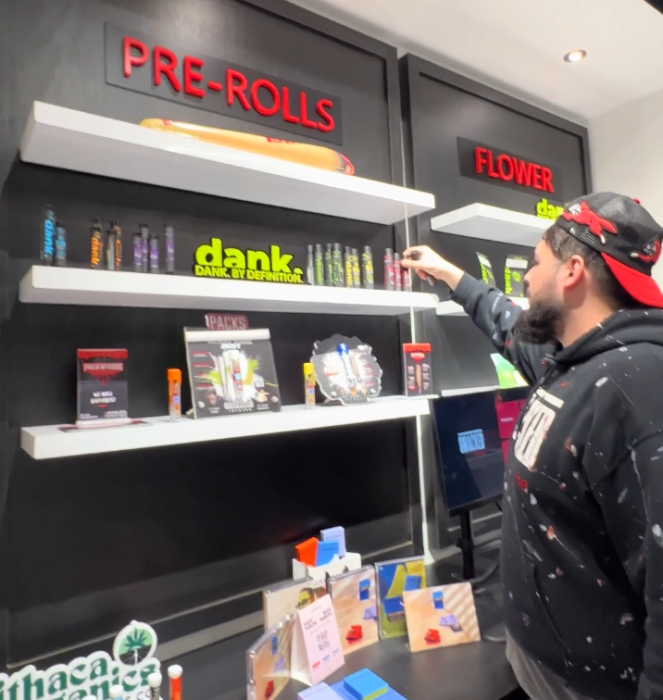Metro recently chatted up four La Salle University students about their experiences studying abroad:
» Julia Walsh, a senior English/history major, spent a semester at the National University of Ireland in Galway.
» Eddie Mattla, a senior communications/journalism major who is minoring in film, spent one semester in American University Rome in Italy and another at Deakin University in Melbourne, Australia.
» Christina Bados, a senior international business major, also spent a semester at American University Rome.
»Emily Ermentrout, a senior marketing/international business major, spent a semester at American University Rome.
» All four of these students have not only spent one or more semesters studying abroad, but they have also participated in both short-term travel study courses and service trips, through which they did volunteer work.
What’s the difference between going to a place where you speak the language and going to a place where you don’t?
Christina: “My family is European, and I speak fluent French, so I was expecting to pick up Italian quickly — not at all! I felt blindfolded and kept slipping from Italian to French. It’s fun, though: You walk away from an encounter asking, ‘Did I just say what I think I just said?’”
Emily: “I had four years of Spanish in high school, so I was rusty, but I used it. What really impressed me was that whatever country we went to, so many of the Europeans spoke more than one language — English, Greek, French, whatever. Very inspiring!”
Julia: “It was nice being able to speak the language in Ireland. I could get into conversations with people if I went into a pub for a meal. I did join the soccer team, though, and had teammates who were Irish, German and Swedish, so I had a more international connection there.”
Eddie: “My semester in Italy and my semester in Australia were really different. In Rome, it was cool that you had no choice but to figure out how to communicate, how to ask for something. In Australia, it was easier to meet and talk with natives, so people gave me a lot of advice and invited me to different places.”
How have you been changed by the experience?
Eddie: “I have a better understanding of how foreigners feel when they come here, even though they’ve probably come permanently and I was just there for a while. It’s frustrating when there are language barriers, so I’ve become more patient; I do my best to help them out.”
Julia: “I was in Ireland, where a lot of Americans — including myself — consider themselves Irish. Despite the melting pot, people tend to relate to their ancestry. I’ve thought a lot about what it means to be Irish, and what it means to be American. “
Christina: “I was in Rome, and you have to be OK with everything shutting down at 2 in the afternoon for an hour. I did get used to that daily nap, though, and now I don’t take any classes that meet between two and three.”
Emily: “One of the coolest things is that you don’t just learn about the culture, you live it. It was much more of a personal growing experience than I expected.”
What advice would you give someone who’s thinking of studying abroad?
Practically in unison, all four students said, “Do it!”
Christina: “Never say no. Take every opportunity that comes to hand; you don’t know what’s going to happen.”
Julia: “Some people don’t want to go if they can’t go with a friend — that’s too limiting. They’ll have the opportunity to test themselves, which is the only way to truly grow. This is an opportunity that won’t come again.”
Emily: “Savor everything and try to make the best of it. Don’t let yourself be limited by not knowing anyone.”
Eddie: “The experience challenges you and encourages you to change for the better.”





























